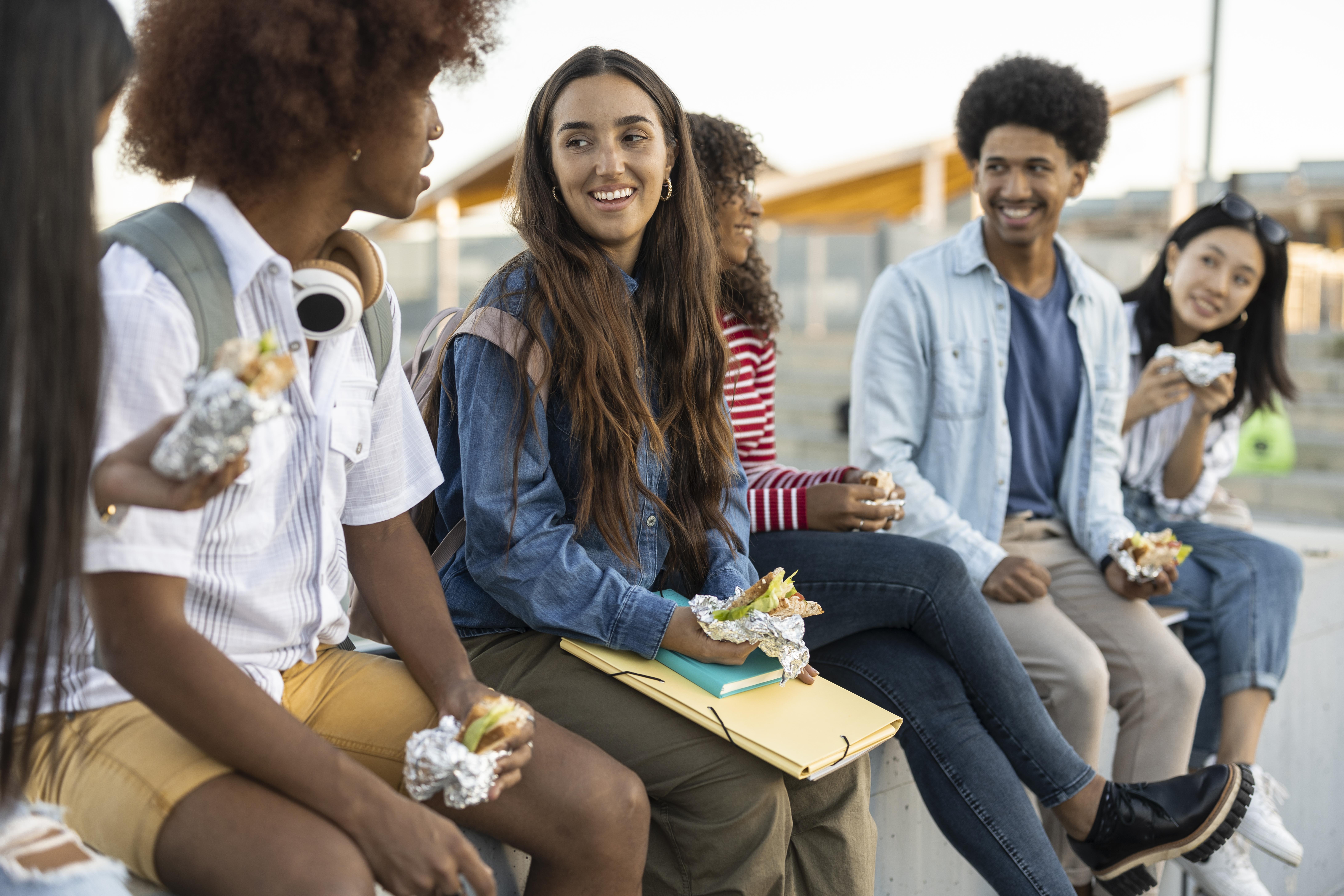Why You Get Tired After Eating
3. The Impact of Tryptophan and Serotonin
Certain foods, particularly those high in protein, contain an amino acid called tryptophan. Tryptophan is a precursor to serotonin, a neurotransmitter that regulates mood and sleep. When tryptophan levels increase, more serotonin is produced, which can promote relaxation and sleepiness. This effect is often more pronounced after consuming meals rich in tryptophan-containing foods like turkey, chicken, and dairy products. Understanding the role of tryptophan can help individuals make dietary choices that align with their energy needs and daily schedules.
4. Hormonal Shifts: The Role of Cholecystokinin

Cholecystokinin (CCK) is another hormone released after eating, particularly in response to fats and proteins. It plays a crucial role in digestion by stimulating the release of digestive enzymes and bile. Additionally, CCK is known to induce satiety, signaling the brain that the body has consumed enough food. This hormonal response can also contribute to feelings of lethargy as the body focuses on processing the meal. Balancing macronutrient intake and timing meals appropriately can help mitigate the energy-draining effects of CCK.
